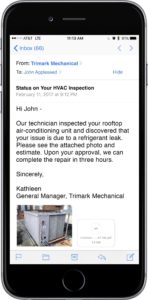5 Qualities to Look for in Your Mechanical Services Firm
Your job as a property manager is to provide worry-free living for your tenants. Frozen pipes? Under-performing air conditioner? Broken thermostat? Your problem—not theirs.
And most seasoned property managers have plenty of stories to tell. Lower levels flooded by busted pipes, spaces that run too hot or too cold (in the same building, no less!) and midnight emergencies that can often make them wish they’d chosen a different line of work.
As a property manager, you understand the value of choosing the right mechanical services firm. For the comfort of your tenants and your own peace-of-mind, it’s critical that you choose a company that puts you and your property first. You want a team of experts on your side that will pro-actively support problem-free installation, maintenance and replacement of plumbing and HVAC equipment.
Unfortunately, too many mechanical services firms are not dedicated to providing this type of service. So how can you make sure you find one that does?
This whitepaper will guide you through the process of choosing the right mechanical services firm for you.
For starters, here’s what you’re looking for:
- Excellent communicators who understand the needs of a property manager
- Creative and cost-saving solutions with a big picture mind set
- Superior responsiveness to service calls and emergencies
- Thorough and proactive equipment maintenance policies
- A mechanical service provider that cares about your professional success
In essence, you want a company that will help you minimize property maintenance hassles, keep your owners satisfied and provide a safe, comfortable place for tenants to reside.
All of which yields a nice income for the property and peace for you.
1. Excellent Communicators
One of the first things you’ll want to find out about a prospective firm is how they communicate with their clients.
A top-notch mechanical services company will have a system in place for communicating with you in the manner you want to be communicated to. Your service provider should stay in contact with you—from the time you make a call to the moment you receive a bill—to keep you apprised of equipment performance, the status of service calls and any upcoming maintenance required.
A mechanical services firm often deals directly with the building’s maintenance staff and may assume that as long as the maintenance engineer is informed, the job is done. Not so. A smart company will keep the property manager in the loop so that the person who is ultimately responsible for keeping the site running smoothly (that’s you!) can rest easy, knowing that problems are being handled.
A good mechanical services firm is aware that property managers are accountable to owners, tenants and other constituents. The firm should provide frequent timely updates that are accurate, well-written and complete so that you can forward them directly to all of the relevant stakeholders.
Setting High Standards for Clear Communications
“Right up front we ask the client how they like to be communicated with: phone, email, text,” says Kenny Thomas, client services manager at Trimark Mechanical. “We ask the client about his or her availability and sense of urgency. Does the client want us to call at midnight if necessary? We will set up a system tailored to communicate the way the client wants it.”
A company like Trimark Mechanical optimizes the latest technology to give property managers the information needed to make decisions. Even when a client is miles away, the client is “transported to the site” when a mechanical services firm employs mobile technology, putting photos, videos and written project updates directly into client hands in real time.
2. Saving You Money
Is the firm you are considering willing to devise creative solutions to help you save money?
In theory, the firm you choose will know more than you do about plumbing and HVAC systems. You need to count on them to help you make decisions about your systems that yield the best outcomes. A reputable firm will help you do a cost analysis on new solutions and help you decide what needs to be done now—and what can wait.
Only a service firm that is investing in a long-term relationship with you will be willing to forego self-interest to serve yours.
TIP:
A great mechanical services firm can proactively help you with strategic planning. For example, it would be cost prohibitive for an apartment complex with CPVC piping to replace all of the building’s plumbing infrastructure at once. But knowing the frailty of CPVC and that leaks over time are inevitable, the facilities engineer and property manager could work with a mechanical services firm to identify the areas of the property more sensitive to potential water damage or prone to broken CPVC pipes and create a plan to replace the mission critical pipes over time.
Being mindful of a client’s budget
One Trimark client had an 80,000 square foot office building, built in the late ‘70s. It was vacant and had antiquated systems. The building owners asked Trimark Mechanical to quote a whole new HVAC mechanical system.
Trimark came up with the solution to replace the system on a piecemeal basis—floor-by-floor—as each floor was leased. At no extra cost to the client, Trimark could eventually replace the mechanical system in the entire building without the client having to take on the financial burden all at once. That way, the client was able to finance the mechanical replacement as each floor was leased.
3. Quick Response Times
When you put out a call for help due to a mechanical failure in your building, wouldn’t you agree that your tenants expect (and deserve) a quick response?
Pay close attention to a prospective company’s stated emergency response times.
A solid plumbing and HVAC maintenance agreement should guarantee response times that meet or exceed the industry average. You can expect a high-quality service firm to send out an experienced technician the same day or the next morning (for late day calls). The firm should then deliver a quick diagnosis and a detailed proposal within 24 hours. Emergency call response times should hover between two to four hours, as opposed to the industry standard of four.
Critical Responses that Averted Disasters
The facilities manager for a local bank called Trimark Mechanical late one Saturday night to report one of the HVAC systems was down in the bank’s server room. Trimark’s emergency response team was on the site less than two hours later to make repairs. Because of Trimark’s responsiveness, the situation never escalated into an emergency.
When the property manager for a residential apartment complex called Trimark Mechanical to report a water leak that couldn’t be stopped, Trimark was onsite in under two hours to identify and shut off the water source and make the repair.
“We have built our reputation through serving clients in crisis situations where an immediate response is paramount,” said Russell Rowzie, president of Trimark. “In fact, many of our returning clients started out with emergency calls—and keep coming back because of our excellent service.”
4. Proactive About Equipment Maintenance
Low-cost maintenance service contracts may look like a good deal, but they might not save you money in the long run. A “low-cost” firm will (in theory) inspect your equipment and keep it running while helping you reduce on-going maintenance contract fees. The problem is that many of these low-cost firms only do a visual inspection of your equipment, which is seldom a viable way to detect all of the potential problems.
And that’s not the worst of it. Sometimes, property managers may think they have paid for a comprehensive maintenance service, only to find out later that there are multiple (and costly) exclusions.
For some property managers, it can be challenging to determine how thorough an inspection is and how much actual maintenance work the service contractor is performing. It’s a sad fact that there are unscrupulous firms that have been known to charge customers for work that was never done.
How can you protect yourself from getting “ripped off”? This is where your upfront research pays off. Ask each company for references—and be sure to check them! And of course, a legal review of the contract is a good idea, too.
Additionally, set the expectation that cutting-edge technology will be employed to keep your systems running at optimal performance. Demand that your service firm inspects vital equipment with cameras, combustion tests and other techniques that provide a more accurate assessment of how the machinery is performing. Deploying sophisticated monitoring tools is the only way a service technician can inspect areas that require serious maneuvering to reach.
Ask your mechanical services firm to take and provide before and after photos of the equipment that is serviced – clean filters, clean coils, new belts, new contractors, etc. Seeing is believing!
Make sure your mechanical services firm is willing (and able) to perform proactive maintenance and thorough inspections of equipment that other firms might ignore.
“Coil cleaning is a major maintenance issue for many property managers,” observes Kathleen Gaw, operations manager, Trimark Mechanical. “Coils get dirty and blocked over time. However, many low-cost service contracts often exclude this item to keep expenses down. It really needs to be done at least once a year, and—over time—ignoring it will cause multiple problems with your equipment, which take time and money to fix.”
A superior mechanical services firm is also careful to thoroughly inspect heat exchangers for cracks or damage to prevent carbon dioxide leaks into the system. Another often-overlooked inspection item is the consistent clearing of condensation lines. “Many low-cost service contracts overlook these routine measures in order to save money,” observes Gaw. “But low-cost service agreements only save money in the short term. Neglecting these tasks can cost you tens of thousands of dollars in both the short run and long run.
TIP:
BEWARE of “visual” inspections. Trimark Mechanical uses iPads on the jobsite to document work performed. Photos are included in service tickets to document the completion of work outlined in the agreement
5. It’s All About You
If you get the sense that a mechanical services firm is more interested in their own business than yours, don’t engage them. You will want to hire a company that listens to you, works hard to meet your needs and ultimately helps you look good to your supervisors and tenants.
Going Beyond the Call of Duty
When a local restaurant needed the building’s heating and cooling equipment replaced as part of a major renovation, work was scheduled to begin on a Saturday night after the dinner crowd went home and completed by the following afternoon. No one could have predicted that Saturday was to fall on the second day of one of the worst blizzards Washington DC had seen in years.
Working conditions were horrific as Trimark Mechanical’s service technicians slipped and slid across a treacherous rooftop caked in ice and snow during sub-zero temperatures. Hidden mechanical issues further complicated the seemingly insurmountable task of completing the job at all, much less on time.
“No one would have blamed us for walking off the job and coming back under tolerable circumstances,” said Rowzie. “But we persevered through the night and finished on time.”
“It all boils down to one thing: you need a mechanical services company that understands what the property manager and tenants need,” says Rowzie. “Property managers need to provide good service to the tenants and make those tenants happy. At Trimark Mechanical, we understand that happy tenants are the key to your business success. We’re always focused on the benefit to your own customers while being dedicated to making the property manager’s life easier and less stressful.”
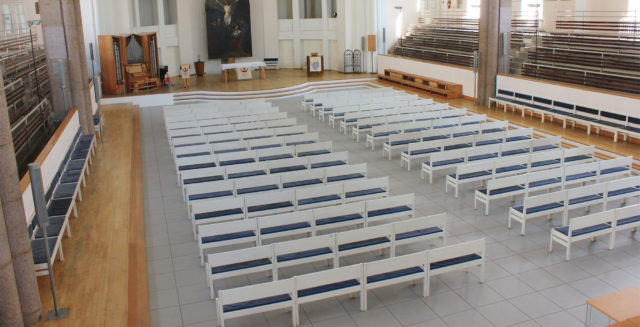


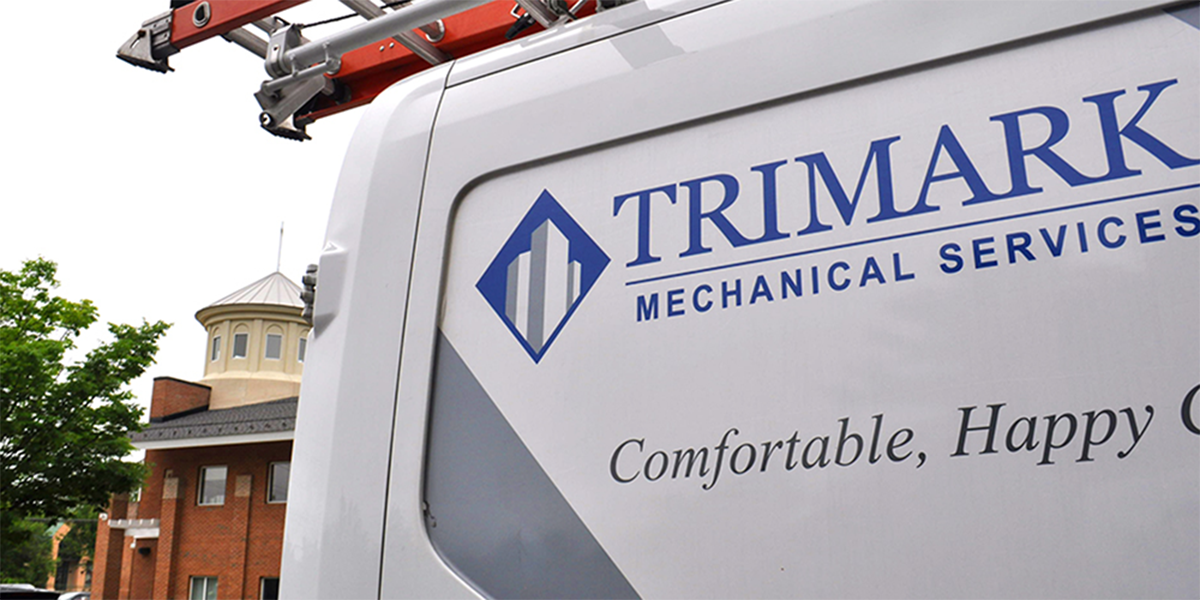
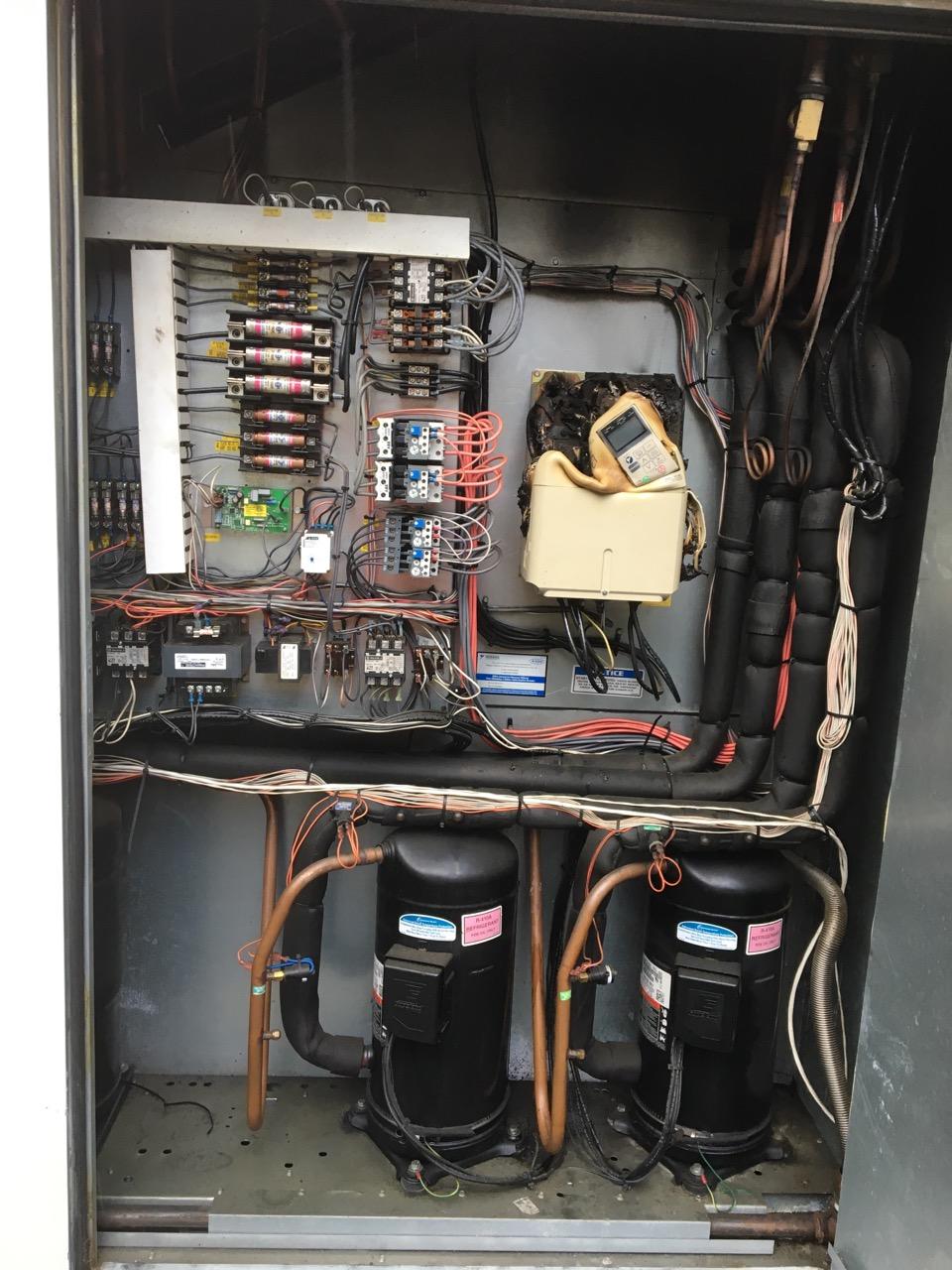
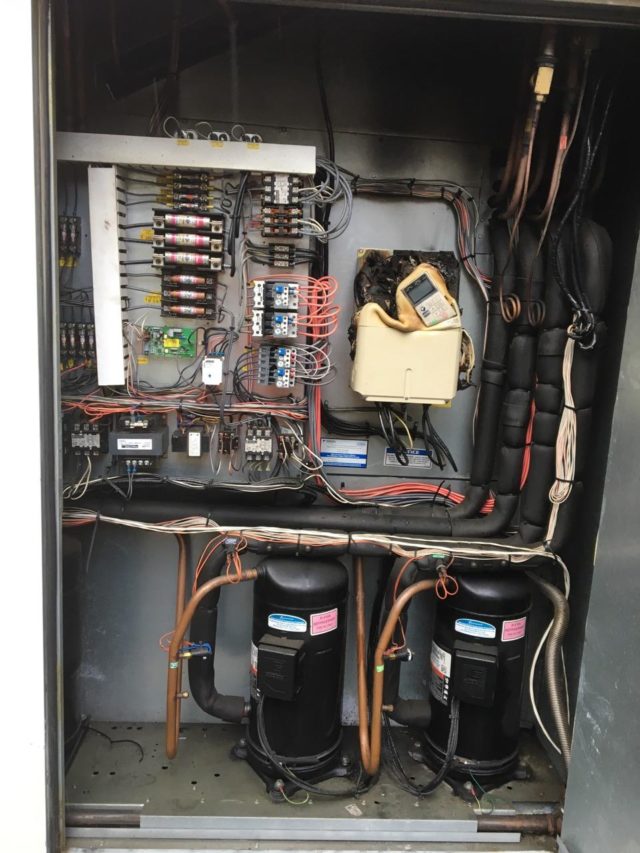
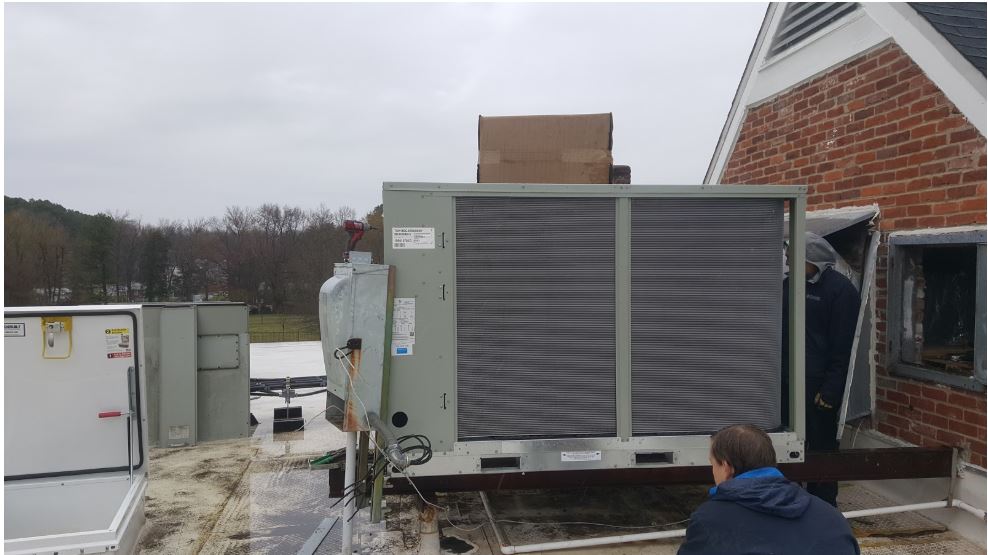
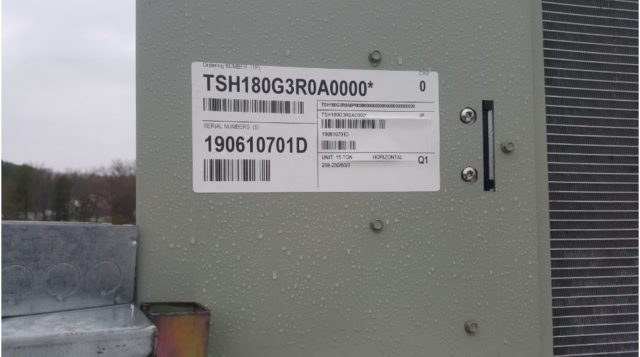
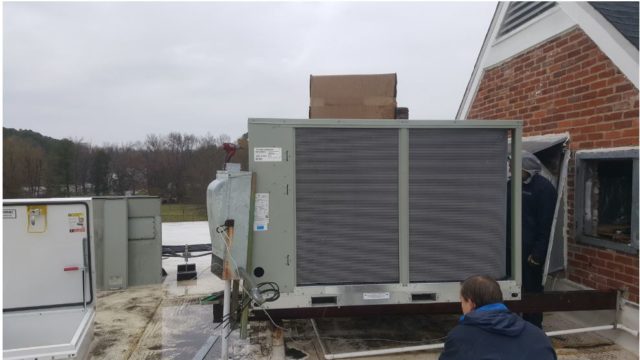
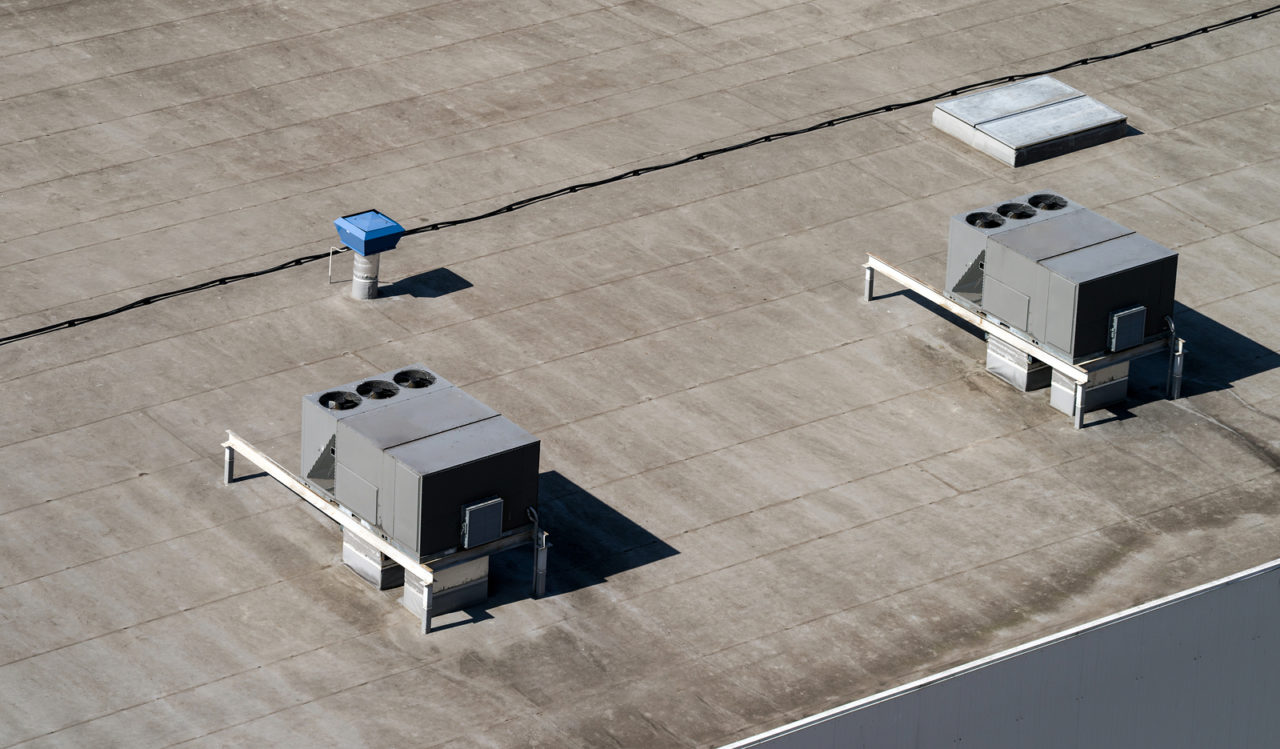
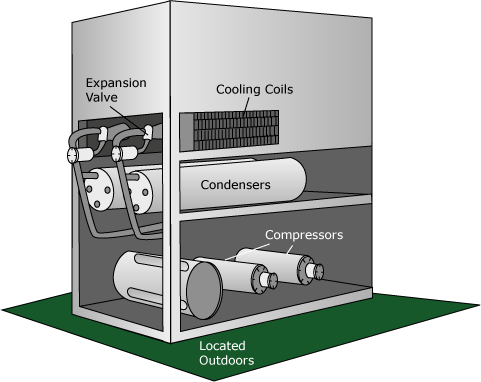
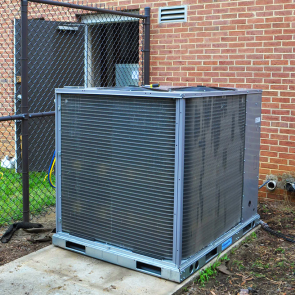
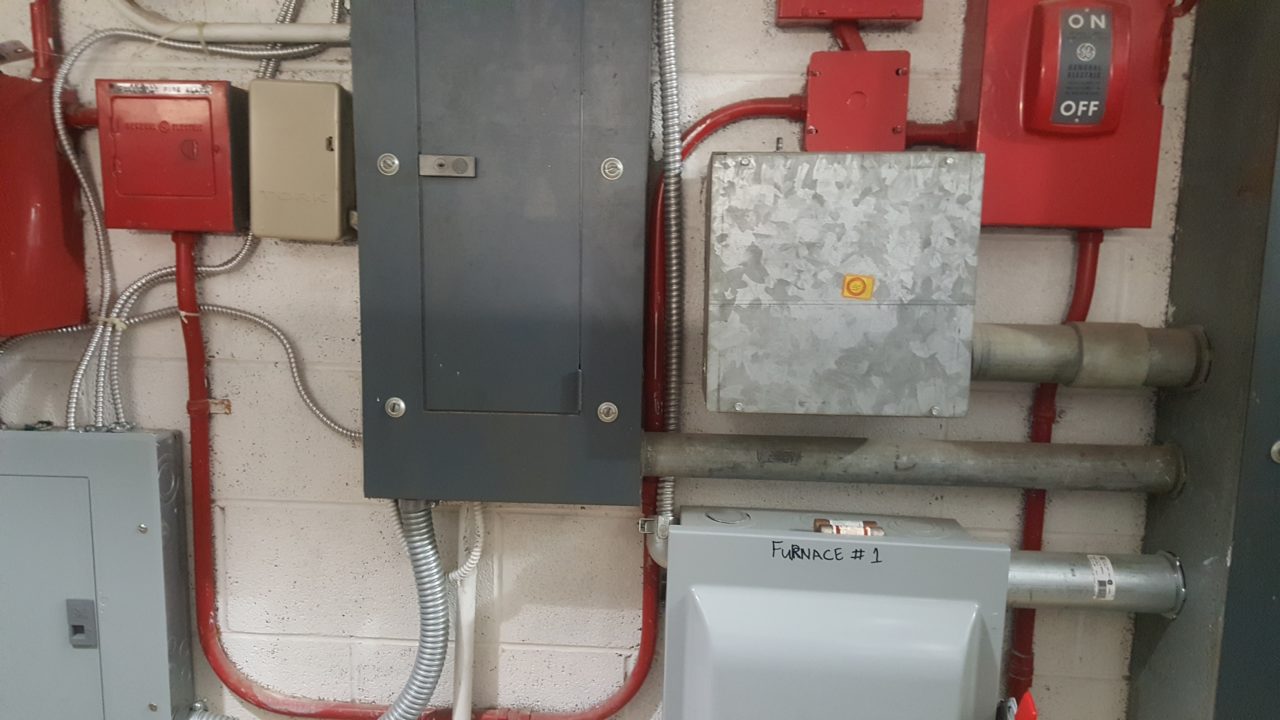

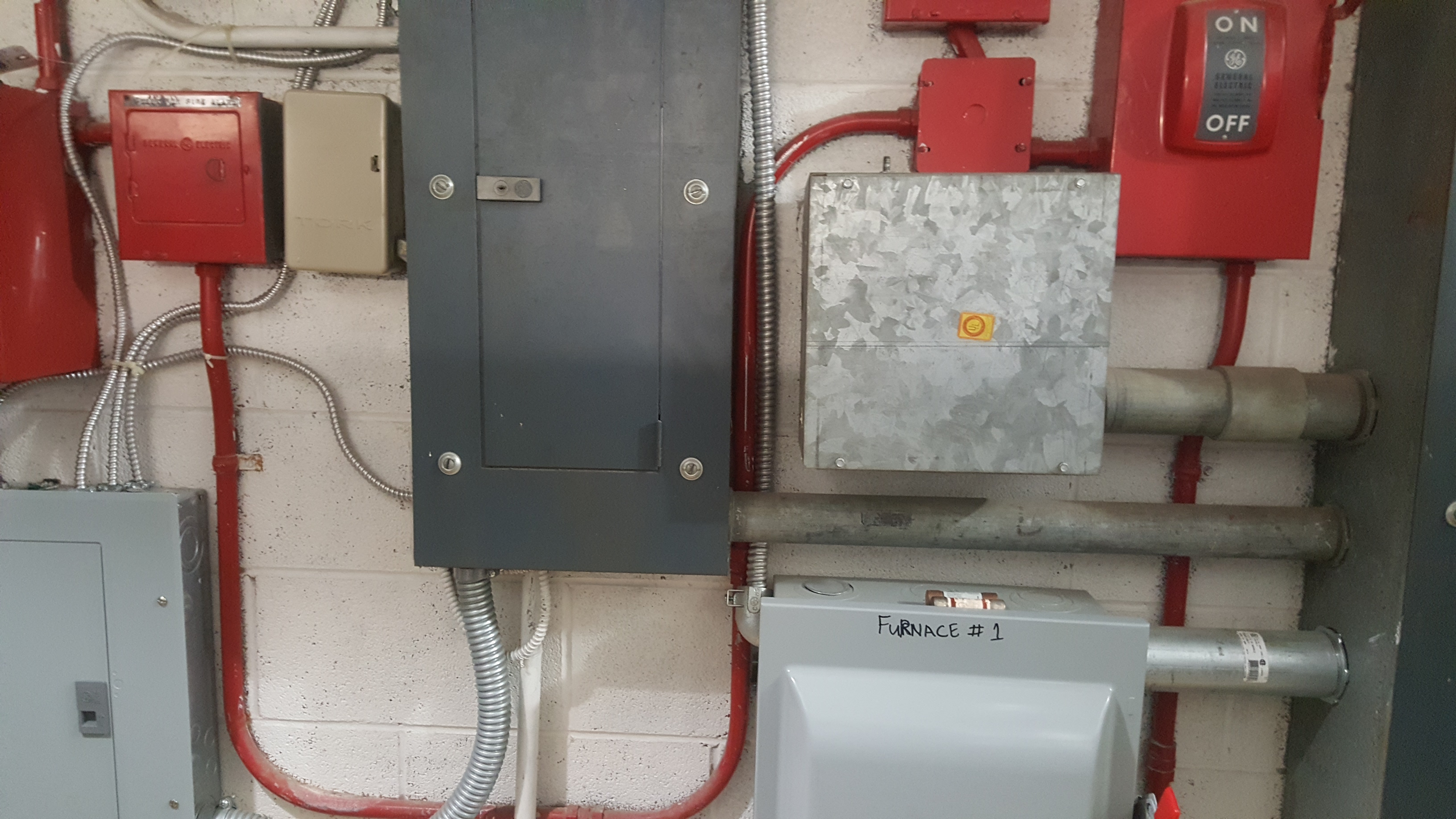
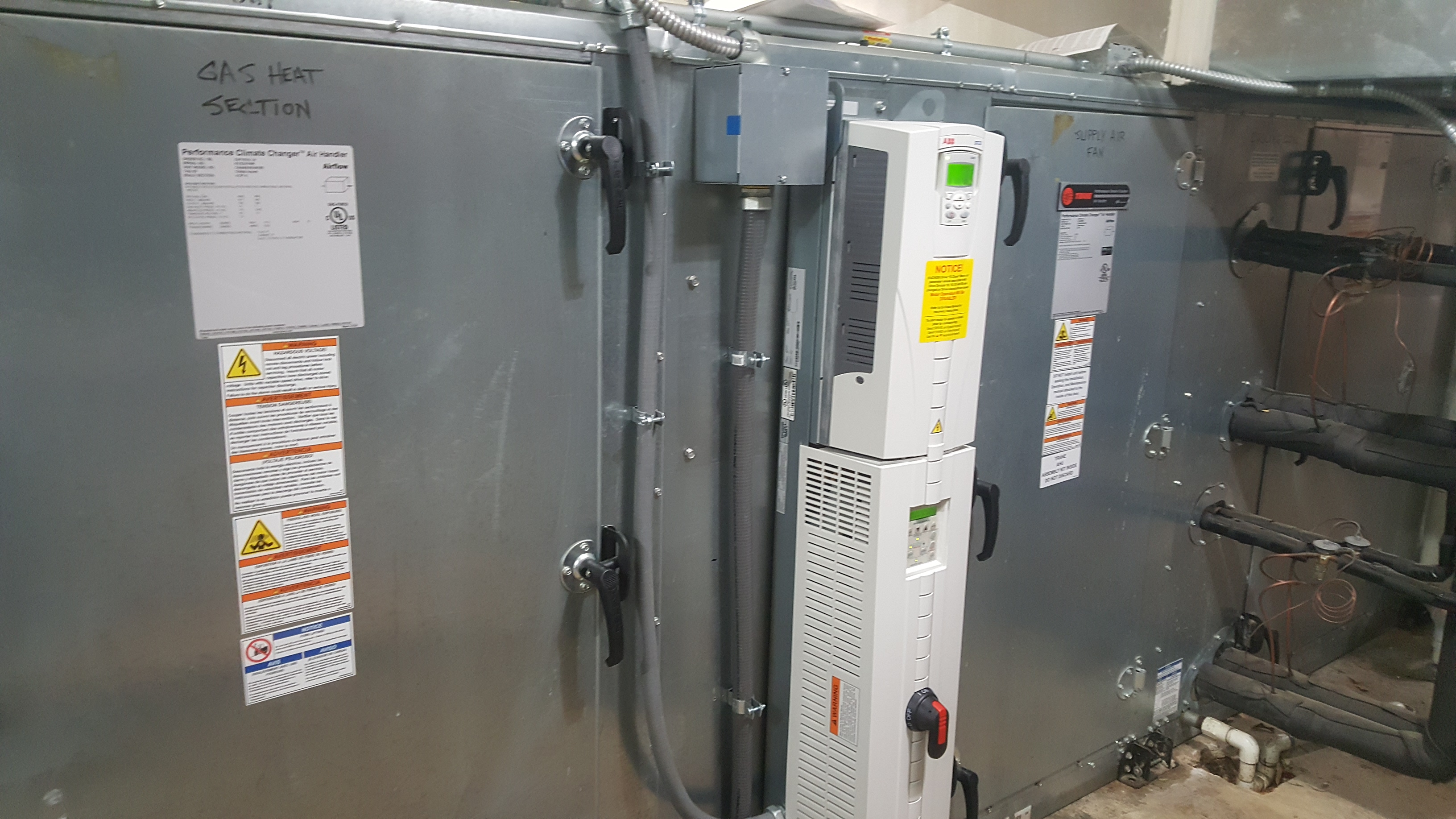
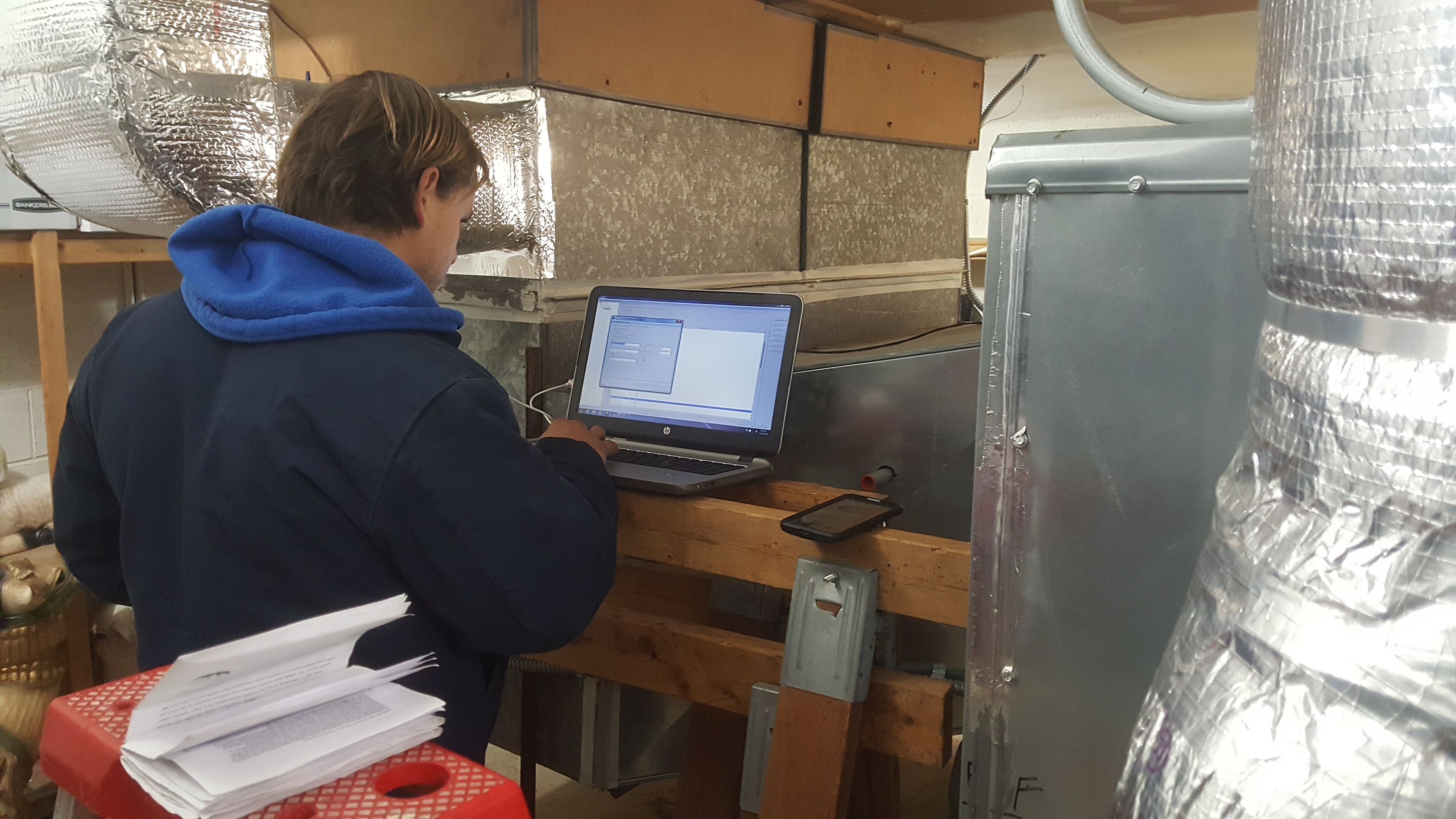
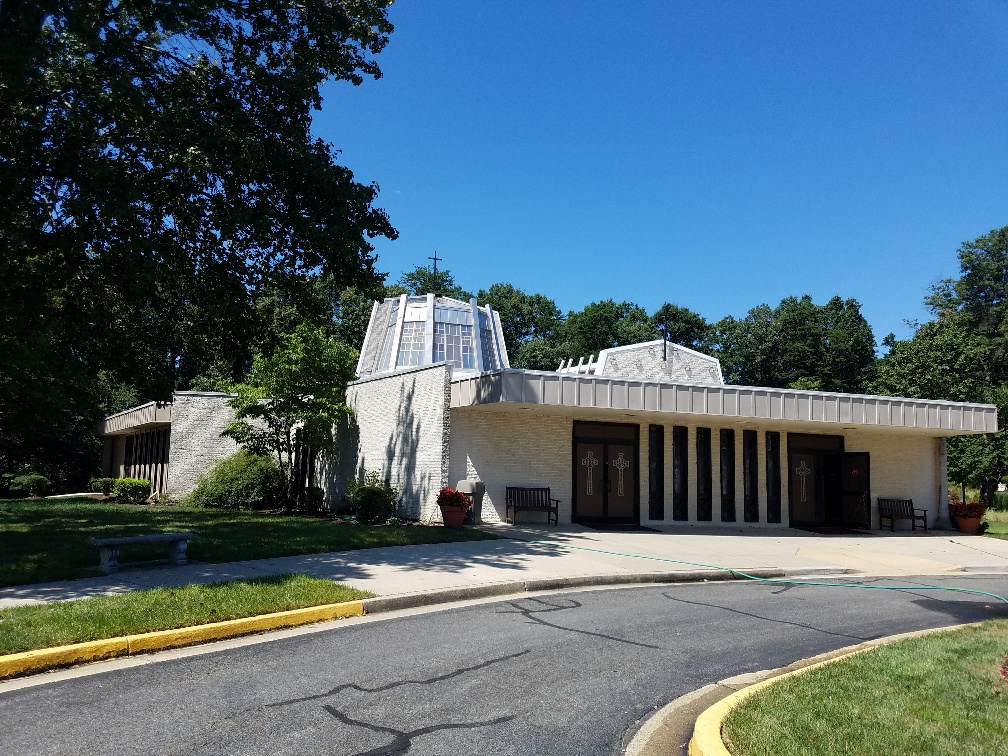


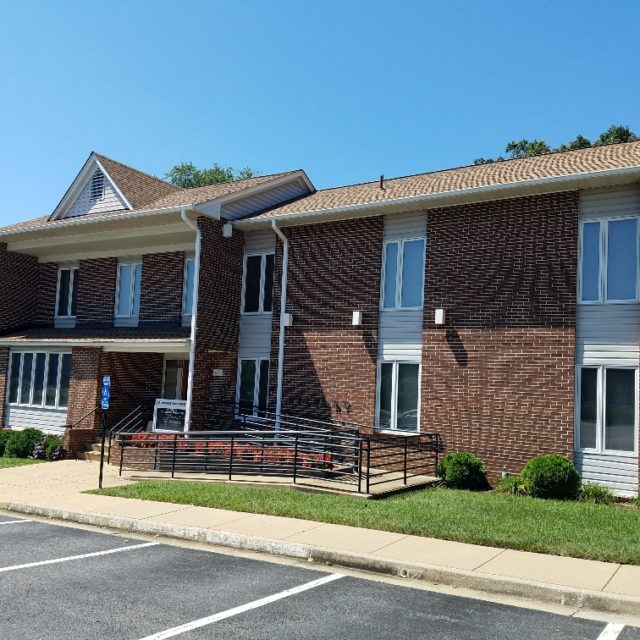
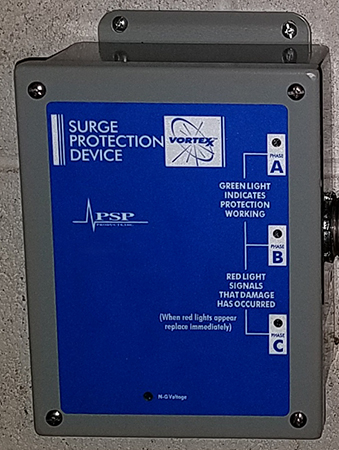
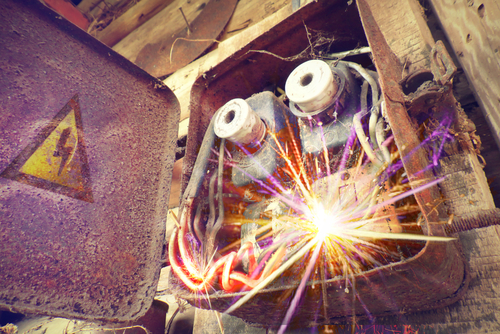

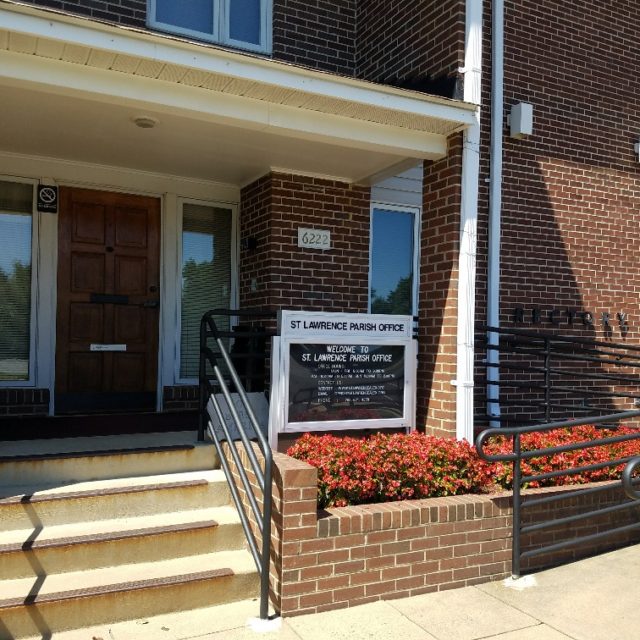

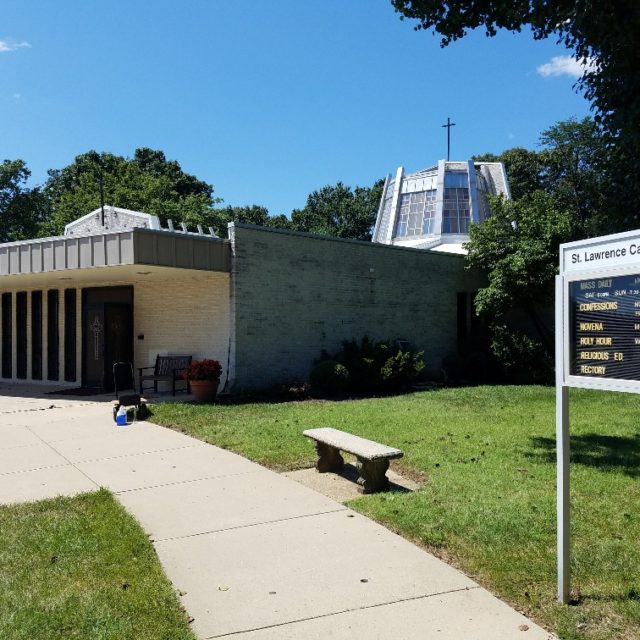
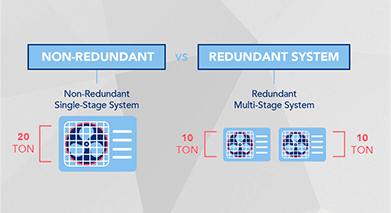
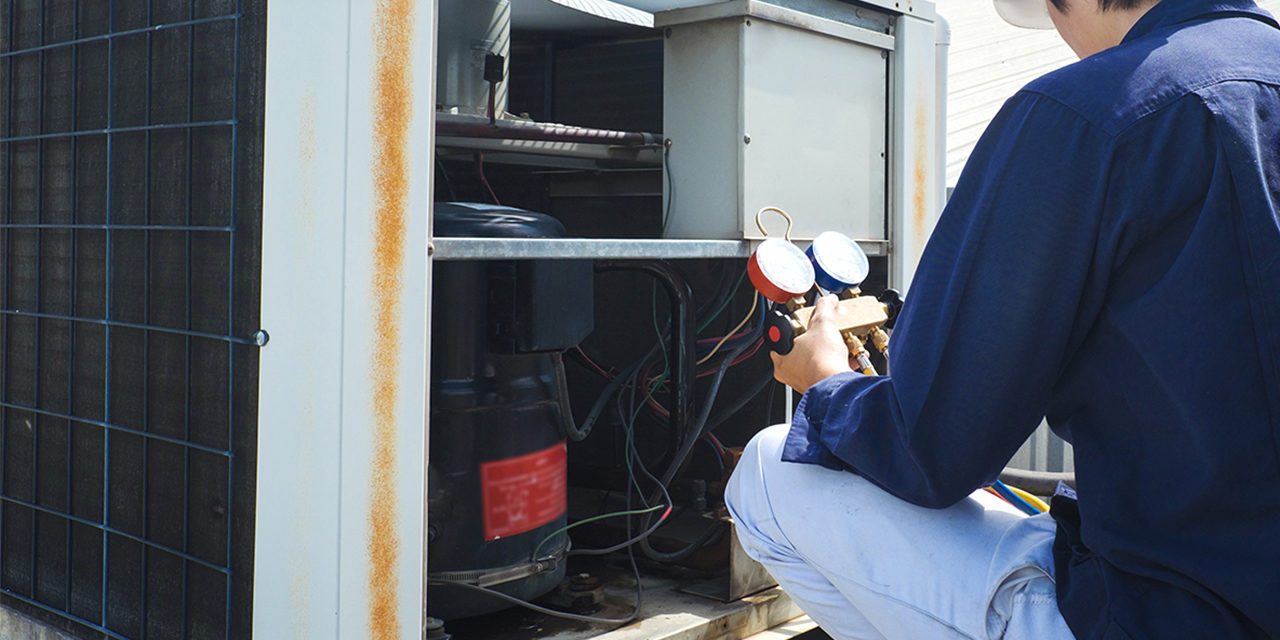
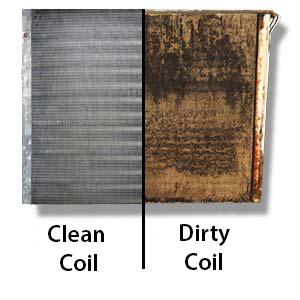 Consider a task as seemingly simple as coil cleaning. Kathleen Gaw, General Manager of Trimark shares how oversight can cause major issues:
Consider a task as seemingly simple as coil cleaning. Kathleen Gaw, General Manager of Trimark shares how oversight can cause major issues:




